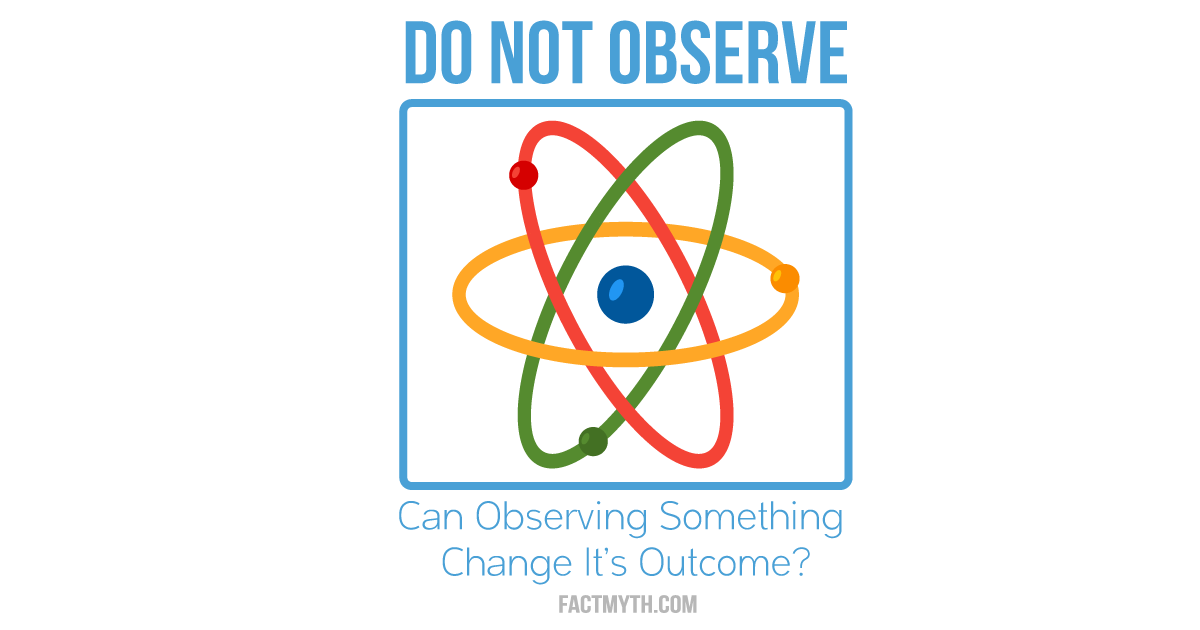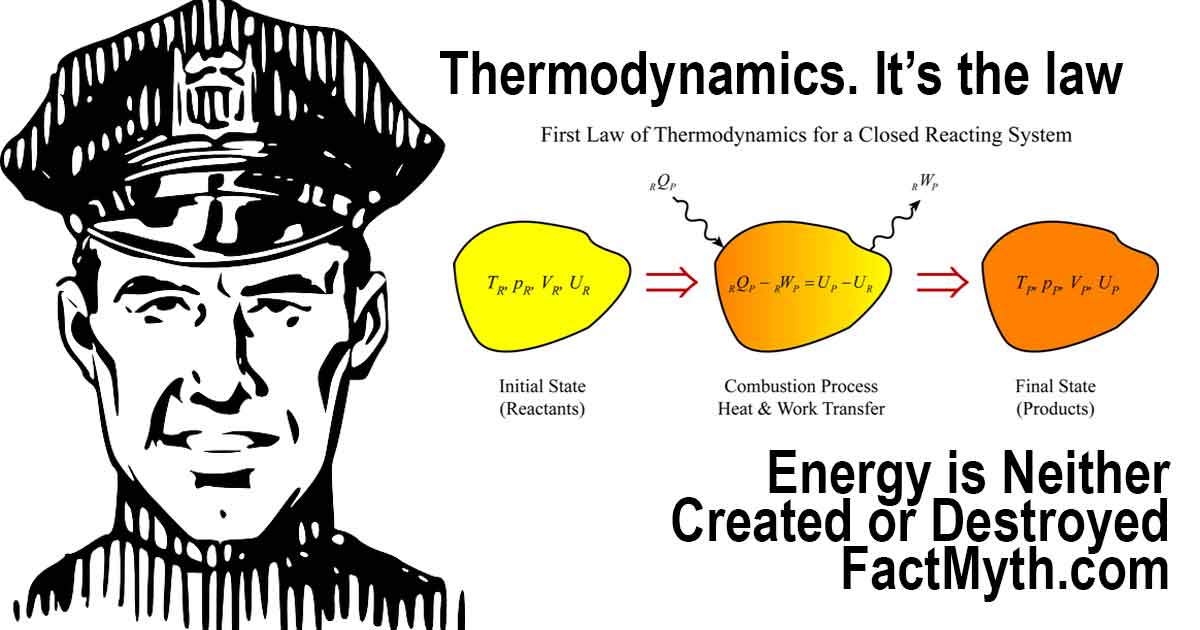Observing a Phenomenon Affects Its Outcome

Observing a phenomenon can affect its outcome (observer effect). In science, this refers to particles existing in a state of probability until measured.
Physics is a natural science concerned with the study of matter and it’s relation to space and time. It looks at concepts related to this like energy and force in order to understand the behaviors of the universe.

Observing a phenomenon can affect its outcome (observer effect). In science, this refers to particles existing in a state of probability until measured.

The universe and everything in it, including humans, is mostly “empty space.” However, space is not actually “empty,” it’s filled with quantum fields and dark energy.

Energy can’t be created or destroyed and neither can mass. Although energy can change forms, all energy in a closed system must remain constant.

Things never touch because everything is made of atoms. Atoms contain electrons and electrons repel each other. This is basic physics.

Time is relative to speed and gravity (time dilation), and so is space (length contraction). Light speed is constant for all observers, so time and space can’t be.